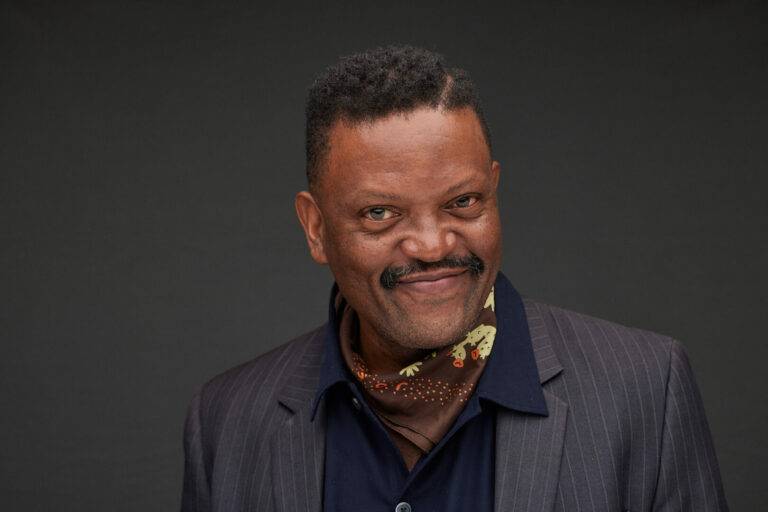We were lucky to catch up with Michael Anderson recently and have shared our conversation below.
Michael, thank you so much for joining us and offering your lessons and wisdom for our readers. One of the things we most admire about you is your generosity and so we’d love if you could talk to us about where you think your generosity comes from.
I grew up watching my parents put others first – always ready to lend a hand, improve the community, or drop everything to help someone in need. It wasn’t just what they did – it was who they were. That kind of selflessness leaves a mark, and I carry it with me every day. Their actions taught me that true fulfillment comes from showing up for others. They are incredible people, and if I can embody even a small part of who they are, that would mean the world to me.

Thanks, so before we move on maybe you can share a bit more about yourself?
I work closely with the land and water in multiple ways. I own a kayak guiding business in Wabasha, MN, leading clients through the hidden backwaters of the Mississippi River. Alongside my wife, I also run an organic vegetable farm, where we grow fresh, organic produce with the help of our frm crew for a CSA (Community Supported Agriculture) and local farmers markets. Additionally, I serve as the Executive Director of Lake Pepin Legacy Alliance, a nonprofit dedicated to protecting and restoring Lake Pepin and the Mississippi River.
What excites me most about my work is the deep connection to the land and water. Whether it’s guiding people through the river’s quiet beauty, growing food that nourishes a community, or advocating for conservation, I know that what I do has a lasting impact. That sense of purpose – working with nature and for the future – drives me every day.

If you had to pick three qualities that are most important to develop, which three would you say matter most?
Looking back, three qualities that have been most impactful in my journey are perseverance, adaptability, and being comfortable with not having all the answers. My mom calls it “stick-to-itiveness”—the ability to stay committed even when things get tough. Adaptability has been just as important; things rarely go exactly as planned, so being open to change has helped me move forward. And perhaps most importantly, I’ve learned that it’s okay not to know everything. What matters is being willing to learn.
My advice for those just starting out: Be adaptable, and when you set a goal, commit to it. There’s something deeply rewarding about putting in the work to achieve what you set out to do. Listen to others, too. The best leaders aren’t the loudest in the room; they’re the ones who take the time to listen and learn.

We’ve all got limited resources, time, energy, focus etc – so if you had to choose between going all in on your strengths or working on areas where you aren’t as strong, what would you choose?
Timing and scale dictate the best approach to this question. In the beginning—or in a small organization—it pays to be well-rounded. Robert Heinlein said, *“Specialization is for insects,”* and I tend to agree. When you’re building something from the ground up, knowing a little bit of everything is invaluable. You might find yourself balancing the books, running a marketing campaign, fixing the office plumbing, and driving a tractor (in my situation anyway)—all in the same day.
But as a business or organization grows, specialization becomes more important. Not everyone needs to do everything, and knowing when to bring in people with specific expertise is key. For me, the variety of work has always been part of what keeps me motivated, but I’ve also learned the value of recognizing when to step back and let others bring their strengths to the table. The real skill is knowing when to wear all the hats and when to pass one off.
Contact Info:
- Website: https://www.brokenpaddleguiding.com
- Instagram: https://www.instagram.com/brokenpaddleco
- Facebook: https://www.facebook.com/brokenpaddleco
- Linkedin: https://www.linkedin.com/in/michael-anderson-a88737270
- Other: www.dancinggnomefarm.com
www.lakepepinlegacyalliance.org


so if you or someone you know deserves recognition please let us know here.




